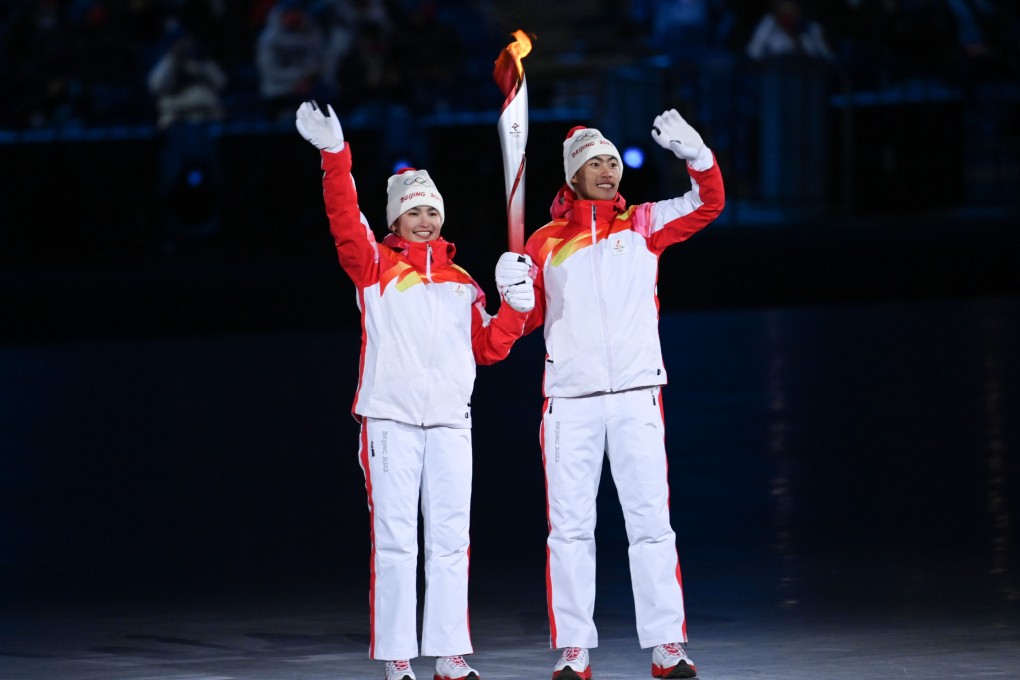Advertisement
On Balance | Criticism of human rights abuses drowned out as cancer of political violence grows in US
- China’s selection of a Uygur athlete as an Olympic torch bearer drew criticism and renewed claims of human rights abuses from the West
- But with Trump-era rhetoric, advocating that brute force is the way forward for America, growing louder, Beijing believes it can prevail
Reading Time:3 minutes
Why you can trust SCMP
22

Call it the Olympic torch that ignited more international acrimony than the promotion of ideals that its charter aims to represent.
China’s decision to tap a member of its Uygur community to light the torch apparently played well domestically, but only fanned derision among activists overseas after the 20-year-old cross-country skier, Dinigeer Yilamujiang, disappeared from the spotlight faster than a WeChat post about Peng Shuai’s well-being.
The torch relay also raised hackles in India owing to the inclusion of a Chinese military commander involved in deadly clashes with Indian border forces in 2020.
Advertisement
With a much larger economy, better technology and a more modern military presence, Beijing felt more emboldened to produce the Games its own way than it did 14 years ago. But was it worth giving China’s critics more talking points just to create feel-good moments for the domestic audience?
The most obvious answer is that Beijing no longer cares what the West thinks. With public perception of China at historic lows in many Western countries, nothing in a show of Chinese strength and unity will play well to those who see danger in both.
Advertisement
On top of this calculation is the understanding that concern about human rights is mostly a cover, as Senator Ted Cruz showed when he slammed the door in the faces of Hong Kong activists after encouraging them to march in the city with American flags.
Advertisement
Select Voice
Select Speed
1.00x
